Improvisation, once an essential constituent of a pianist’s life and work during the so-called Classical period, in the Nineteenth century underwent a slow decline and transformation, until it disappeared almost completely in the Twentieth century. Not everything was lost, however: the practice of preluding before the performance of a musical work continued during the Nineteenth century and beyond and is well documented by coeval sources.
Through the improvisation of a prelude, the interpreter would interact creatively with the music she or he was about to perform, thus establishing a deeper connection with the audience. Several live (but not studio) recordings by pianists active in the first half of the Twentieth century, such as Wilhelm Backhaus and Dinu Lipatti, attest to the survival of the art of preluding, as well as the willingness of interpreters to extemporize modulations and stylistic and textural transitions between pieces in a concert program.
As for today, most interpreters are extremely reluctant to revive these practices, partly because the expectations of audiences and professionals are increasingly modelled on the recording industry’s standards, partly because of the insufficient familiarity with historical performing practices. The greatest obstacle, however, is represented by the training of musicians: whereas in the past improvisation was integral to piano pedagogy, today the teaching of repertoire is still based on the modernistic idea of a more or less mechanical reproduction of the score.
Western art music is a tradition based not only in the reproduction of written scores but also in non-written practices. In order to revitalize them, it would therefore be necessary to explore the possibility of bringing improvisatory practices to new life. Most historical evidences are obviously lost, but not the possibility of exploring those spaces in the musical work where the performer’s creative intervention is possible, as it was in the past. In regaining those spaces, we don’t ‘betray’ the score: rather, we recognize its implicit potential as bearer of stimuli that may allow the interpreter to bring it in relation with the contemporary era.
Integrating musicological research and performance, The Interactive Muse project aims to open a discussion on these issues, as well as to test new teaching methods for bygone practices. It will include theoretical sessions, live performances and panels with scholars and musicians, in addition to three workshops on piano improvisation in the Nineteenth century. Three teachers – Costantino Mastroprimiano, John Mortensen e Giorgio Sanguinetti – will work with ten pianists, chosen through an international competitive selection, on the following fields: historically informed performance; early Nineteenth century partimento; sources of improvised preludes in early Romantic piano music; techniques of improvisation in the Romantic era, with special regard to improvised prelude and interlude.
For a detailed programme, please visit the initiative page.
